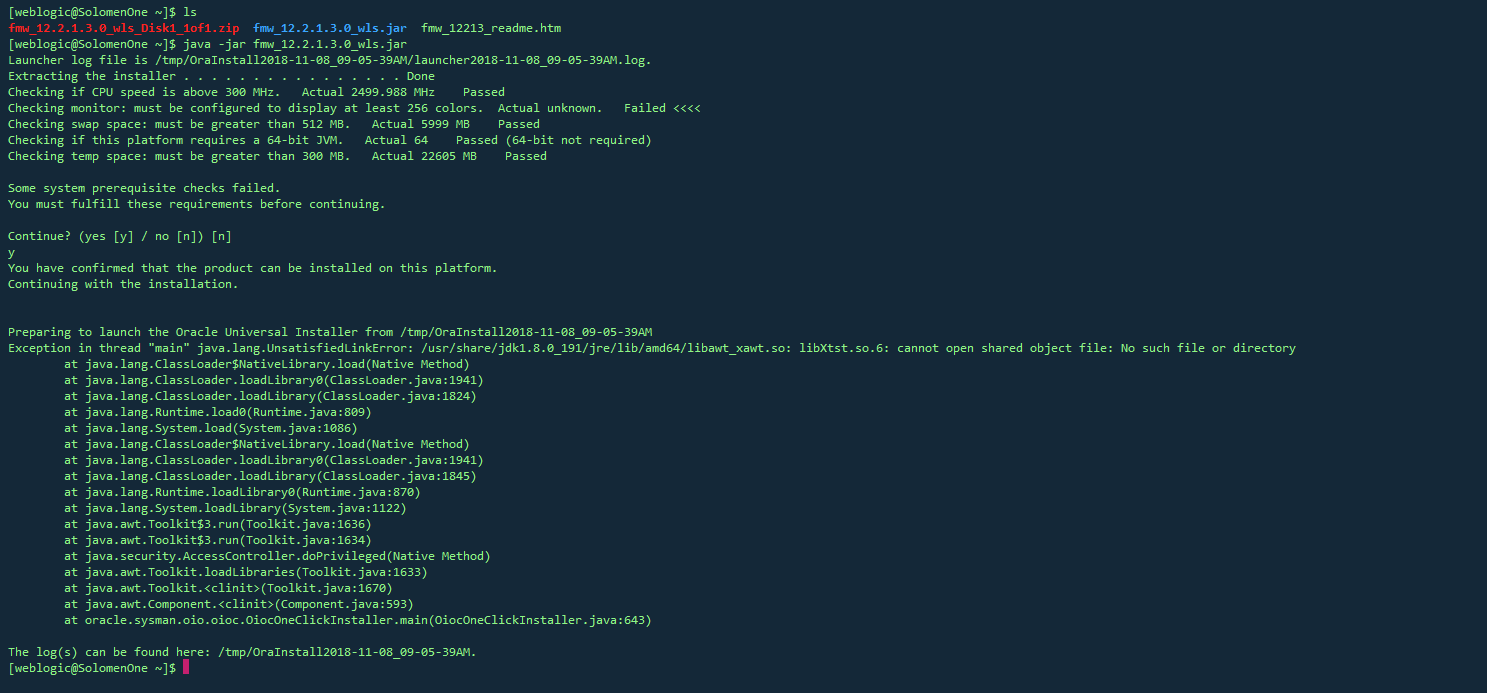可以将文章内容翻译成中文,广告屏蔽插件可能会导致该功能失效(如失效,请关闭广告屏蔽插件后再试):
问题:
I\'m using Mockito in some tests.
I have the following classes:
class BaseService {
public void save() {...}
}
public Childservice extends BaseService {
public void save(){
//some code
super.save();
}
}
I want to mock only the second call (super.save) of ChildService. The first call must call the real method. Is there a way to do that?
回答1:
No, Mockito does not support this.
This might not be the answer you\'re looking for, but what you\'re seeing is a symptom of not applying the design principle:
Favor composition over inheritance
If you extract a strategy instead of extending a super class the problem is gone.
If however you are not allowed to change the code, but you must test it anyway, and in this awkward way, there is still hope. With some AOP tools (for example AspectJ) you can weave code into the super class method and avoid its execution entirely (yuck). This doesn\'t work if you\'re using proxies, you have to use bytecode modification (either load time weaving or compile time weaving). There are be mocking frameworks that support this type of trick as well, like PowerMock and PowerMockito.
I suggest you go for the refactoring, but if that is not an option you\'re in for some serious hacking fun.
回答2:
If you really don\'t have a choice for refactoring you can mock/stub everything in the super method call e.g.
class BaseService {
public void validate(){
fail(\" I must not be called\");
}
public void save(){
//Save method of super will still be called.
validate();
}
}
class ChildService extends BaseService{
public void load(){}
public void save(){
super.save();
load();
}
}
@Test
public void testSave() {
ChildService classToTest = Mockito.spy(new ChildService());
// Prevent/stub logic in super.save()
Mockito.doNothing().when((BaseService)classToTest).validate();
// When
classToTest.save();
// Then
verify(classToTest).load();
}
回答3:
Consider refactoring the code from ChildService.save() method to different method and test that new method instead of testing ChildService.save(), this way you will avoid unnecessary call to super method.
Example:
class BaseService {
public void save() {...}
}
public Childservice extends BaseService {
public void save(){
newMethod();
super.save();
}
public void newMethod(){
//some codes
}
}
回答4:
create a package protected (assumes test class in same package) method in the sub class that calls the super class method and then call that method in your overridden sub class method. you can then set expectations on this method in your test through the use of the spy pattern. not pretty but certainly better than having to deal with all the expectation setting for the super method in your test
回答5:
The reason is your base class is not public-ed, then Mockito cannot intercept it due to visibility, if you change base class as public, or @Override in sub class (as public), then Mockito can mock it correctly.
public class BaseService{
public boolean foo(){
return true;
}
}
public ChildService extends BaseService{
}
@Test
@Mock ChildService childService;
public void testSave() {
Mockito.when(childService.foo()).thenReturn(false);
// When
assertFalse(childService.foo());
}
回答6:
Maybe the easiest option if inheritance makes sense is to create a new method (package private??) to call the super (lets call it superFindall), spy the real instance and then mock the superFindAll() method in the way you wanted to mock the parent class one. It\'s not the perfect solution in terms of coverage and visibility but it should do the job and it\'s easy to apply.
public Childservice extends BaseService {
public void save(){
//some code
superSave();
}
void superSave(){
super.save();
}
}
回答7:
Even if i totally agree with iwein response (
favor composition over inheritance
), i admit there are some times inheritance seems just natural, and i don\'t feel breaking or refactor it just for the sake of a unit test.
So, my suggestion :
/**
* BaseService is now an asbtract class encapsulating
* some common logic callable by child implementations
*/
abstract class BaseService {
protected void commonSave() {
// Put your common work here
}
abstract void save();
}
public ChildService extends BaseService {
public void save() {
// Put your child specific work here
// ...
this.commonSave();
}
}
And then, in the unit test :
ChildService childSrv = Mockito.mock(ChildService.class, Mockito.CALLS_REAL_METHODS);
Mockito.doAnswer(new Answer<Void>() {
@Override
public Boolean answer(InvocationOnMock invocation)
throws Throwable {
// Put your mocked behavior of BaseService.commonSave() here
return null;
}
}).when(childSrv).commonSave();
childSrv.save();
Mockito.verify(childSrv, Mockito.times(1)).commonSave();
// Put any other assertions to check child specific work is done


